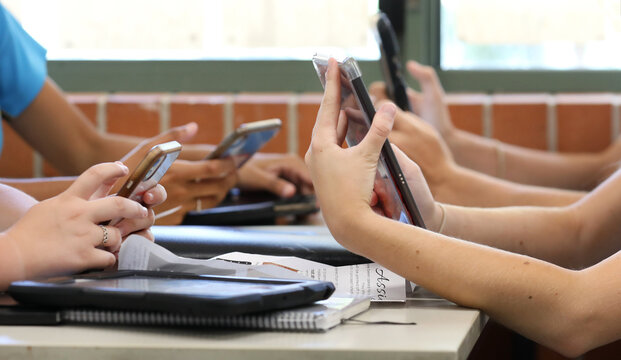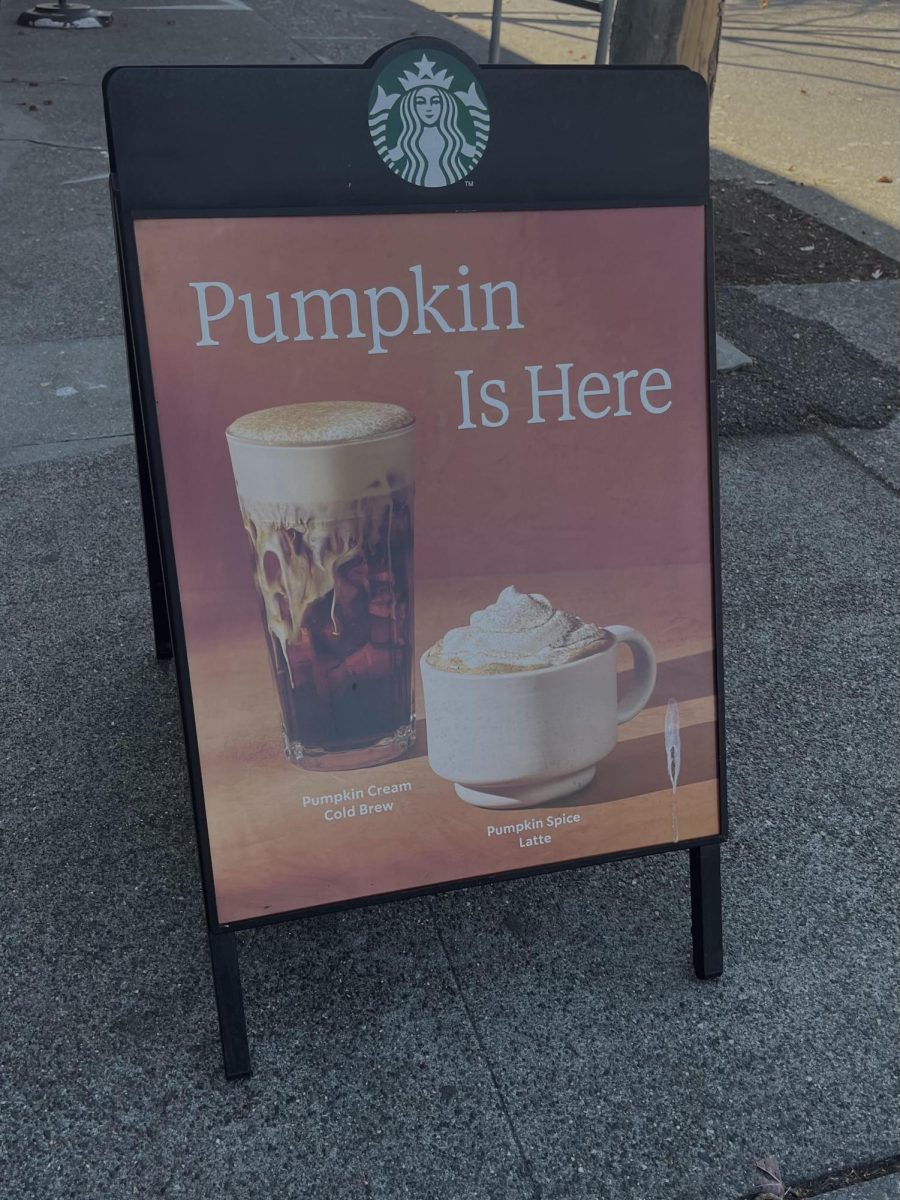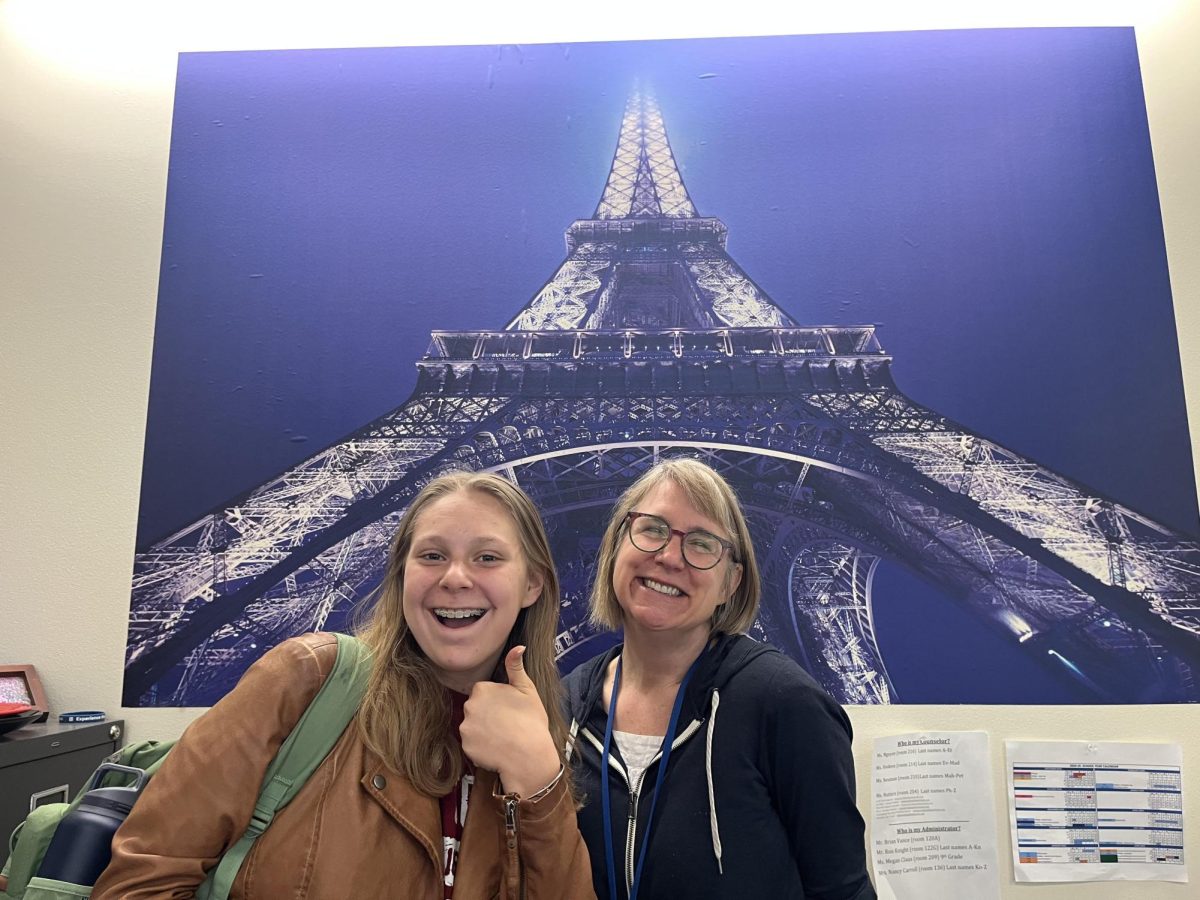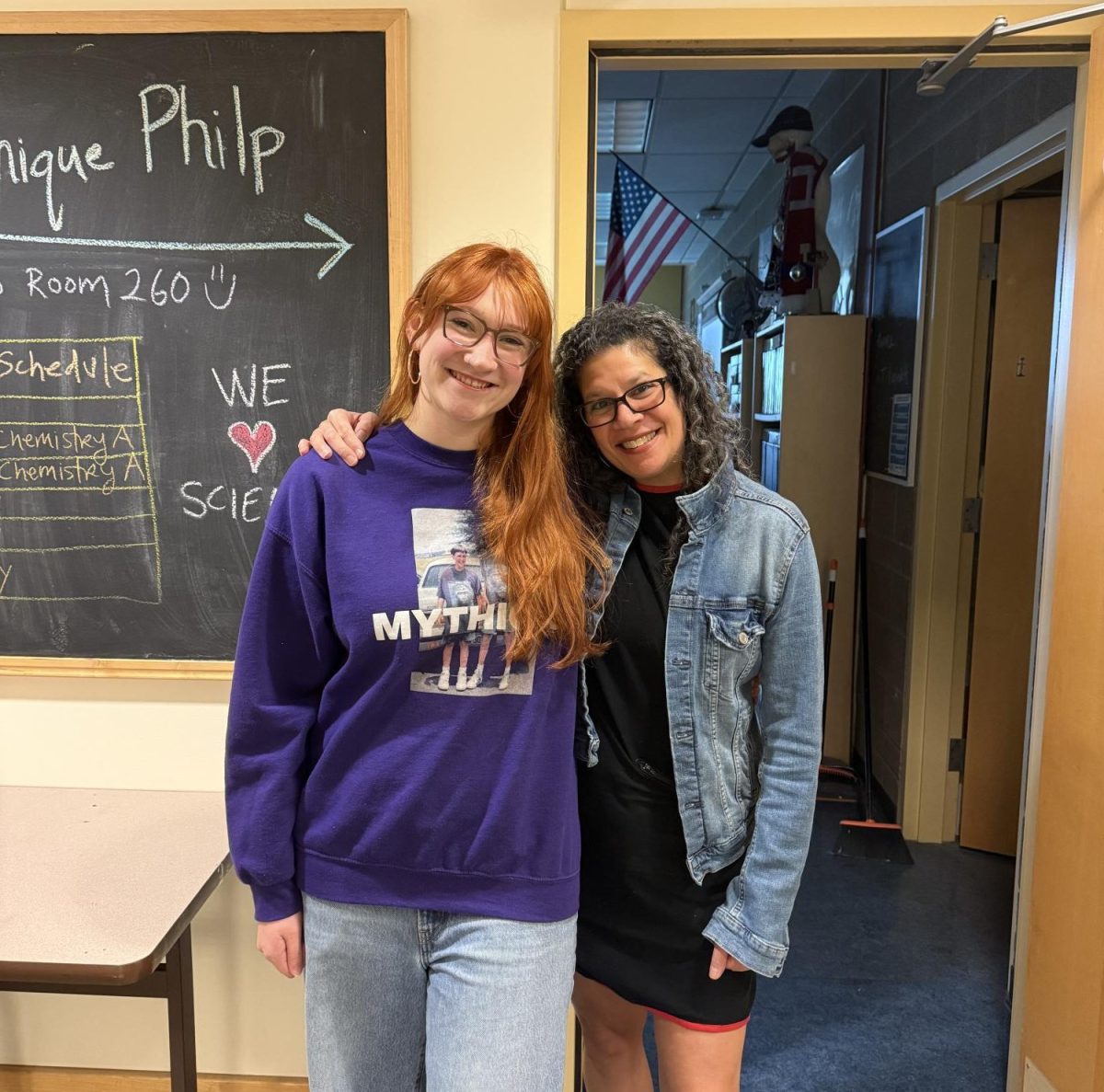The word Self-Help was coined in 1859 by a Scottish author named Samuel Smiles for the name of his book, but it wasn’t until the 20th century when Self-Help books really took off. Nowadays there are Self-Help books for everything, and I mean everything; “How to be a Person in the World” by Heather Havrilesky, “The 7 Habits of Highly Effective People” by Stephen R. Covey, and the most ironic one yet, “Maybe You Should Talk to Someone” by Lori Gottlieb. The creation of the Self-Help genre damaged the book industry as it let in the power for a book to control someone’s life.
Self-Help books can be good in theory, but it can be dangerous when people start thinking their whole lives could change because of one book. When I asked Katie Leonardo, a student at West Seattle, her thoughts on whether Self-Help deserves the criticism it gets, she agreed and said, “If you follow them to deeply it might not actually help, it might make your life worse.” Which is exactly why there is a valid reproach against the Self-Help Genre. The upside to Self-Help is when it works, which isn’t often, you have to follow what it says and not just read it. This is where the criticism starts because people do one of three things. They’ll just read it and take no action so nothing works, they read the book and follow what it says and then nothing works, or they read and do the things it says, their life changes, but not in the way they thought it would. Throughout most of Self-Help history, these have been the only outcomes, and actual change rarely occurs.
After interviewing another student at West Seattle named Franki about the criticism against Self-Help, I got an even better insight on the well-deserved rebuke. Franki said, “I think there’s a good and bad side. It’s good to be able to guide people, but if you lean too much in and think it’s going to fix your life, that’s not very good.” There’s more harm than benefits to Self-Help because most of the time, readers of Self-Help won’t find what they are looking for and will possibly go down a useless rabbit hole trying to fix their lives. Reading Self-Help to have a better understanding of something, or getting more insight may be constructive, but throwing your life at a book and thinking it will make everything better isn’t healthy. It’s important that readers know the difference between self-care and obsession before indulging in the Self-Help genre.








